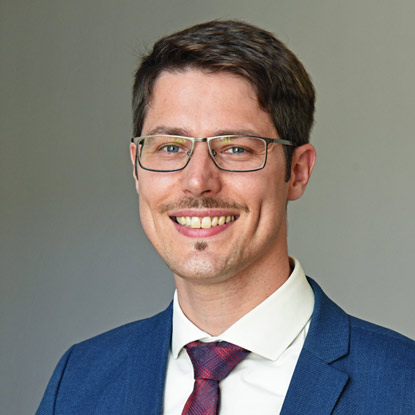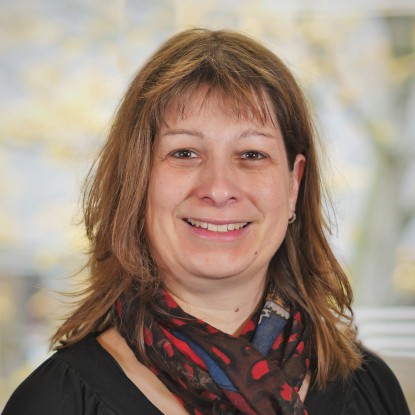Research
Non-fungal microeukaryotes such as microalgae and protozoa display an extreme phylogenetic diversity and stunning adaptations, lifestyles and genomic features. And yet, these ecologically important organisms are vastly understudied; in particular predatory, parasitic and symbiotic representatives. The Hess Lab explores the diversity of various protist taxa with state-of-the-art techniques, applies integrative taxonomy, and aims for understanding the evolution of functional and phenotypic diversity by genomic and cell biological methods. This uncovers the molecular secrets of taxon-specific adaptations in a wide range of microbial eukaryotes and also reveals new biological resources, for example enzymes and biopolymers which might be promising for future biotechnology applications.
Current third-party funded projects:
• Exploring the hidden diversity of widespread predatory amoebae of the order Vampyrellida (Rhizaria)
• Functional traits and ecological preferences of soil dwelling vampyrellid amoebae (Vampyrellida, Rhizaria) in a management intensity gradient
• Activity, regulation and evolution of carbohydrate-active enzymes used in cell wall penetration by unicellular predators and parasitoids of microalgae
• Exploring cellular changes during the production of an extracellular sunscreen pigment found in terrestrial green algae (Zygnematophyceae, Streptophyta)
• The role of CodeChi and chitin-associated proteins in the cell-cell interactions of free-living protists
Open positions
We are looking for highly motivated students at the BSc, MSc and PhD level. Projects for Bachelor and Master theses for Biology, Biochemistry and Biomolecular Engineering students are offered in the research areas described above. Please contact Prof. Dr. Sebastian Hess for details.



